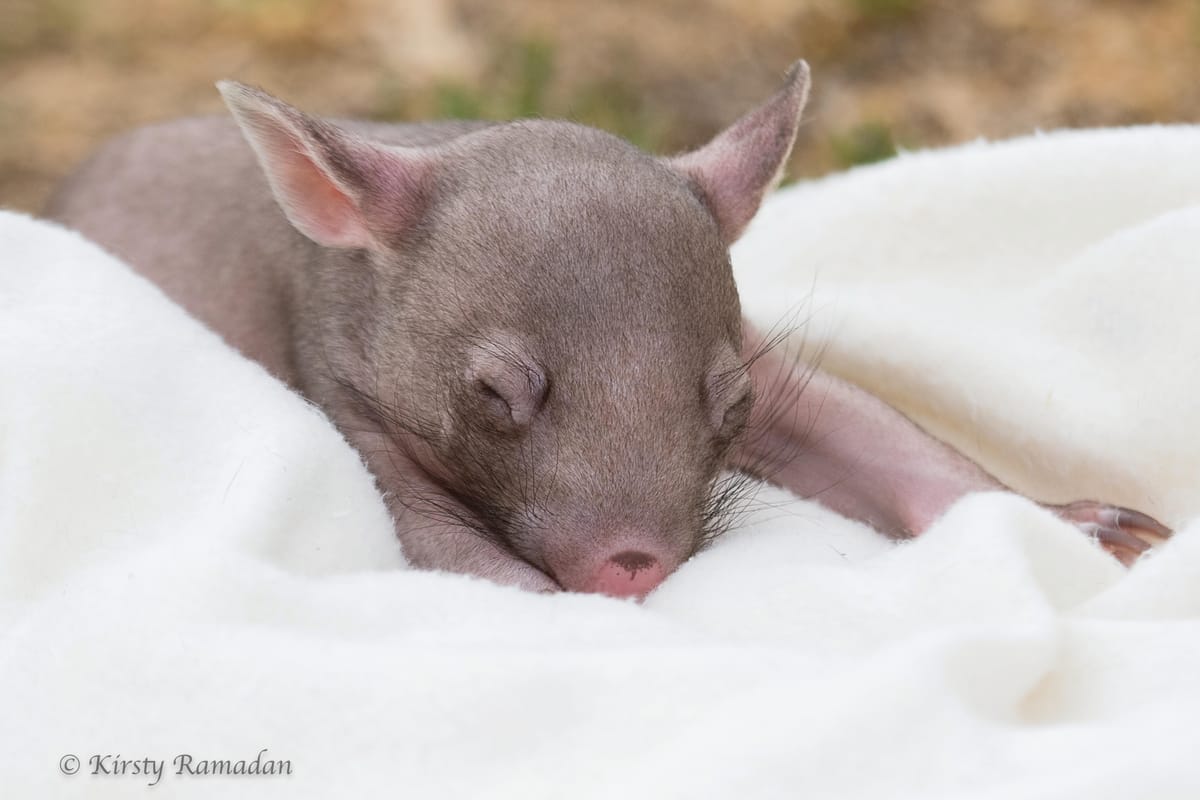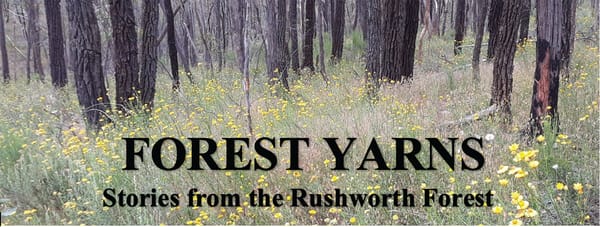Wombats . . . and others
Wombats! I cannot think of another animal on earth quite like them.

Many of our native critters in Australia are amazing in their uniqueness: kangaroos, bilbies, koalas, platypus - and wombats.
Nature is dynamic, ever shifting, each living creature and plant striving to survive in conditions that can alter and shift. Our Australian climate can be harsh in itself so many of our species are what we call boom or bust. The definition of a boom or bust species is one which thrives when resources are plentiful and population dramatically rises quite quickly, then when resources become scarce their populations radically crash. The evolutionary sense behind this is that the species manages to hold on during the difficult times, relying on increased numbers to elevate the odds of strong, resilient survivors to carry the species through.
Even many of our native plants seem to share the same tactic. Unfortunately it is usually our boom or bust species who are considered by some as pests. If more than thirty kangaroos are seen in a mob, phrases such as ‘they’re out of control, they’re a pest, they need culling or they just breed up’, all come to mind. Again, if I had a dollar for everytime I’ve heard.... The other diatribe frequently sprouted in harsh times such as drought, when numbers crash as there’s a shortage of resources, is that the animal concerned actually causes its own demise because it was overpopulated and eats itself out of house and home. The bigger picture doesn’t quite tell the same tale.
Whether we like it or not, we are all a product of nature - it’s not the other way round. Before any Homo sapiens reached the earth of Australia the existing native creatures played the evolutionary dance. The boom or bust way of surviving here was long established before humans arrived. The difference was that resources in times of harsh conditions were not having to be shared with us.
Cockatoos have always flocked in huge numbers. Barn owls have always been plentiful, or in a population crash. Roo populations have always fluctuated from ‘boom to bust’. Homo sapien as a fellow species, has moved in and immediately altered the existing environment around them. They hunted, lit fires to burn the landscape, still a part of nature but already getting the upper hand in how much one species altered entire landscapes.
Progress was a lot slower. Possibly the first Homo sapiens to set foot here were a bit ‘boom or bust themselves initially.
More Homo sapiens arrive. This time with more advanced tools, resources and knowledge brought with them suddenly from landscapes afar. This time the journey was shorter, the alterations to the now existing environment more rapid.
As the age of the machine was born, so too was the acceleration of precious habitat destruction and loss of resources for the existing wildlife.
Now in 2025 we are at stage where we appear to see ourselves as above nature. Every living thing has the potential to be cherished by someone until it is seen as an inconvenience or a threat to a way of life we feel entitled to. Disregarding the fact we are destroying and burning up not only our own, but the resources every living creature depends on to survive on this planet.
There are two ways to look at this. Are we in this position now because we are an evolutionary product so advanced over anything else known living on this earth? We have won, we have conquered every other species in one way or another, even the ones which can harm us, we have beaten it all from snuffing out mosquitoes with DDT and DEET to bringing down giants of the sea with harpoons. Should we be proud?
The second view is less glamorous and doesn’t have the same egotistical edge...are we simply the human version of a cane toad in Australia? Those of us who realise if we are to have a survivable ecosystem we need to change our way of living, change our views on using resources that are not infinite and which took thousands and millions of years to create, are we more evolutionary advanced? We are looking at the future of our species, the resources we require to survive and realise we are a player in an ecosystem that thrives on a precarious balancing point which can tip for or against us at any time. Or does it come back to the numbers game? Are the ones who continue to cause environmental destruction, continuing to believe we have this unquestionable right to plunder this planet for short term wealth, prosperity, convenience just because we can; are these people in such numbers and power that they are the evolutionary winners? Are you really a winner if you cause the demise of your own species and take with you multiple other species who pre-date us on the evolutionary timeline?
Just as cane toads are not making their invasion steadily south due to higher intelligence, will these be the winners and defeat other species until there is nothing left but humans and domesticated or controlled species? Evolutionary success is the longterm survival of a species, not the self inflicted downfall of one because of short sighted greed. We’ve advanced to an intelligence, a way of thinking beyond any other animal, communicating on a global level, yet we seem to still have a majority who are stuck in cane toad mode - populate and plunder at any expense to ever expand our territory, impact everything around us at the detriment of any other species in our way.
Maybe this is just evolution at its best..or worst. I do know that the delicate balance has been skewed. The web of all natural life as we know it has been breaking strand by strand for many, many years and now we have caused so much irreversible damage that the same web can never be rebuilt. I think we are way more than mere cane toads...we are akin to a doomsday comet on a collision course with earth.










